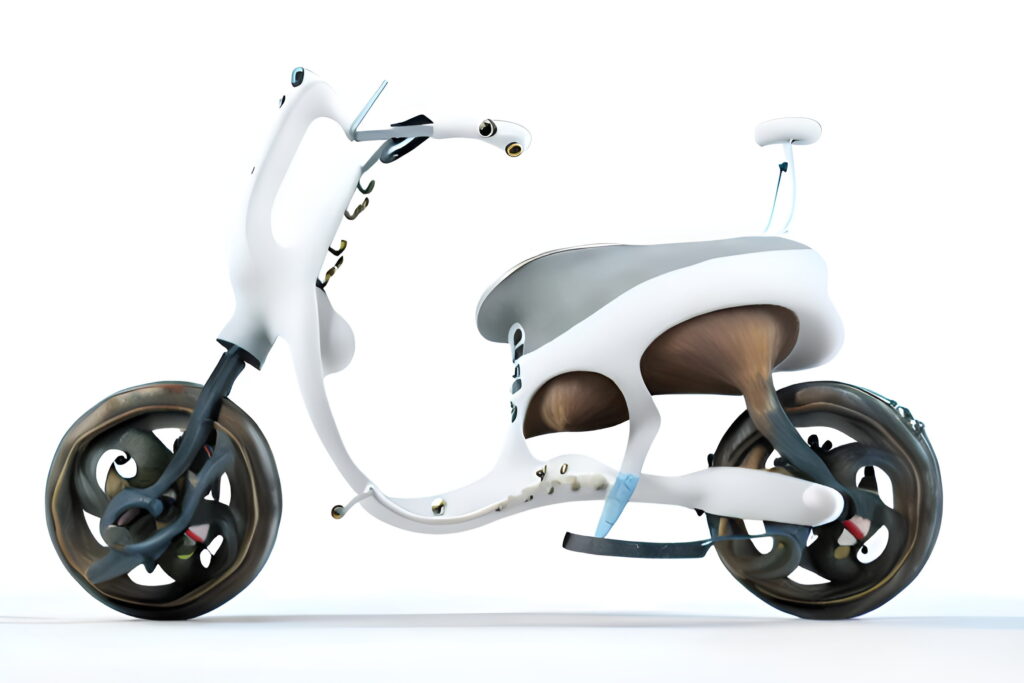Fleets Cause and Affect EV Demand.
We welcome this, have built fleet solutions because of this. With the recent revision to theEV incentives and governmental mobility strategies, we wanted to share some insights of how fleet operators can address the curve, adopt change before it’s imposed.
The last-mile landscape globally is seeing a 27% YoY growth, with many delivery aggregators being folded up, acquired or winding up. Profitability and efficiencies seem to be the key drivers, yet the solutions are already in the market.
Have a read about fleet leasing, the UK and UAE predictions for this year and help spread the solution to a noisy problem.
Role of Fleets in Driving Electric Vehicle Demand
United Kingdom – It has been emphasised that fleets will play a pivotal role in meeting zero-emission vehicle (ZEV) targets, especially in the absence of a significant surge in consumer interest in electric vehicles (EVs).
In 2023, fleets accounted for nearly two-thirds (64%) of all new battery electric vehicles (BEVs) registered and over half of all new registrations in the UK.
“Given the ZEV mandate, a shifting product mix from OEMs, and other factors, there’s a pressing need to find buyers for the increasing number of EVs. Unless there’s a sudden and substantial change in consumer preferences, fleets will continue to bear the brunt of this responsibility.”
Our projections for 2024 suggest a relatively stable year for new registrations, underscoring the vital role that fleets play in shaping EV demand and subsequently influencing their presence in the used vehicle market.
We share the belief fleets are poised to drive this transition forward, particularly as manufacturers are offering incentives to us. Despite the Government’s decision to postpone the ban on new internal combustion engine (ICE) sales to 2035 (UK), there’s still a challenge in changing retail perceptions. Fleets, by providing a significant portion of vehicles to the secondary market and introducing drivers to EVs, are instrumental in this shift.
A complete shift to an agency model could mean a less personalised approach for smaller fleets, as they may now have to negotiate with major OEMs directly.

How does this impact the UAE market?
In the UAE we anticipate a collective desire for stability across the automotive sector. Economic and political uncertainties pose challenges for all industry stakeholders, including fleets.
With more and more 3rd Party Logistics (3PLs), Fleet Operators and Fleet Managers working on extremely narrow margins without receiving the volume commitments for aggregators, many are looking to reduce their costs of fleet onboarding. Yet, is it the correct approach to keep looking at cost-saving? Or is there an argument for addressing the increase of profitability?
At ONE MOTO, we believe there is a balance of both, hence why we’ve brought Lease-To-Own models for fleet operators, making our electric delivery vehicles cheaper than the cost of their petrol counterpart.
FACT:
Calculating the TCO of a petrol delivery fleet vs. an EV from ONE MOTO costs over 4x (over a four year simulation).
If you’re ready to discuss the ‘switch’ to electric delivery fleets, please reach out to our team leasing@one-moto.com
Cox Automotive provided the base subject for this article, they also offer detailed analyses of critical issues impacting dealers, OEMs and fleets.



